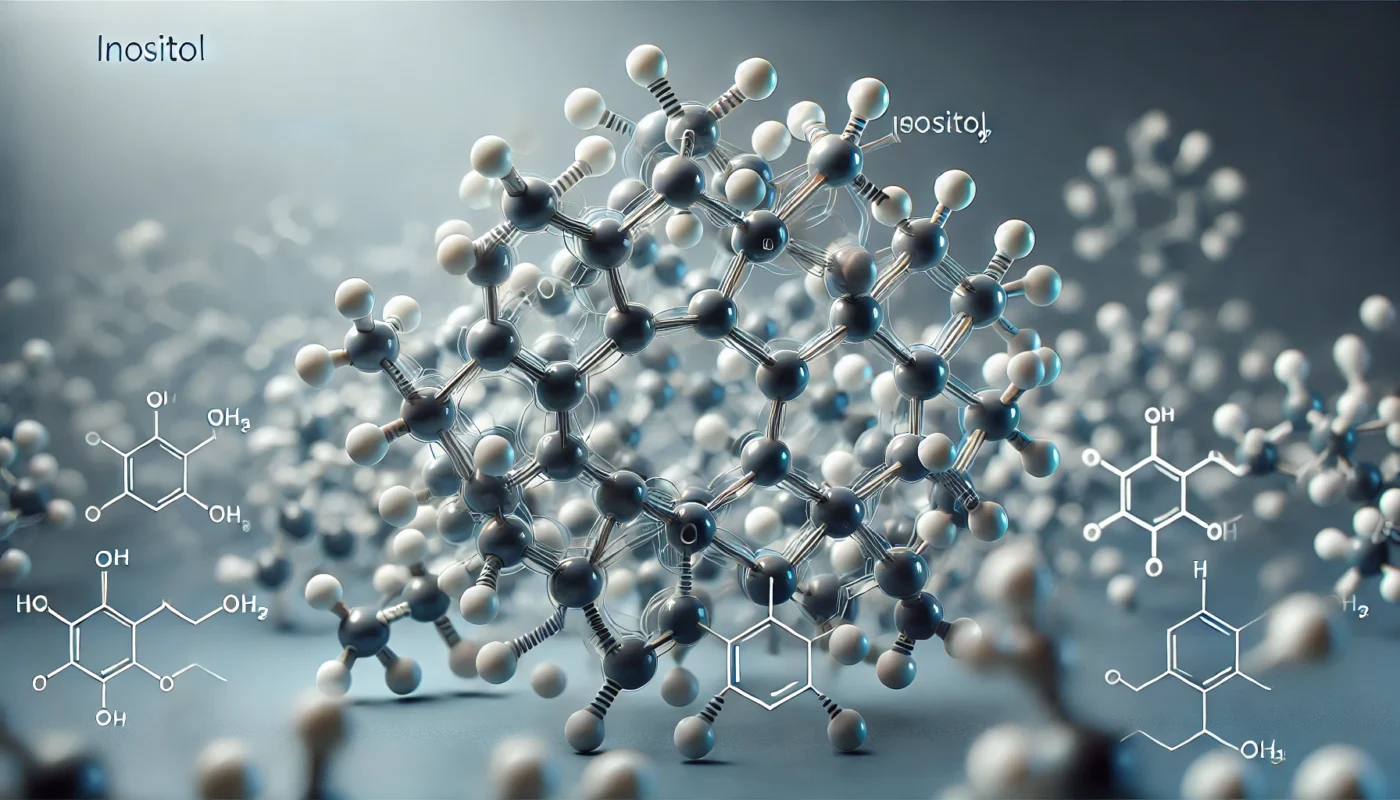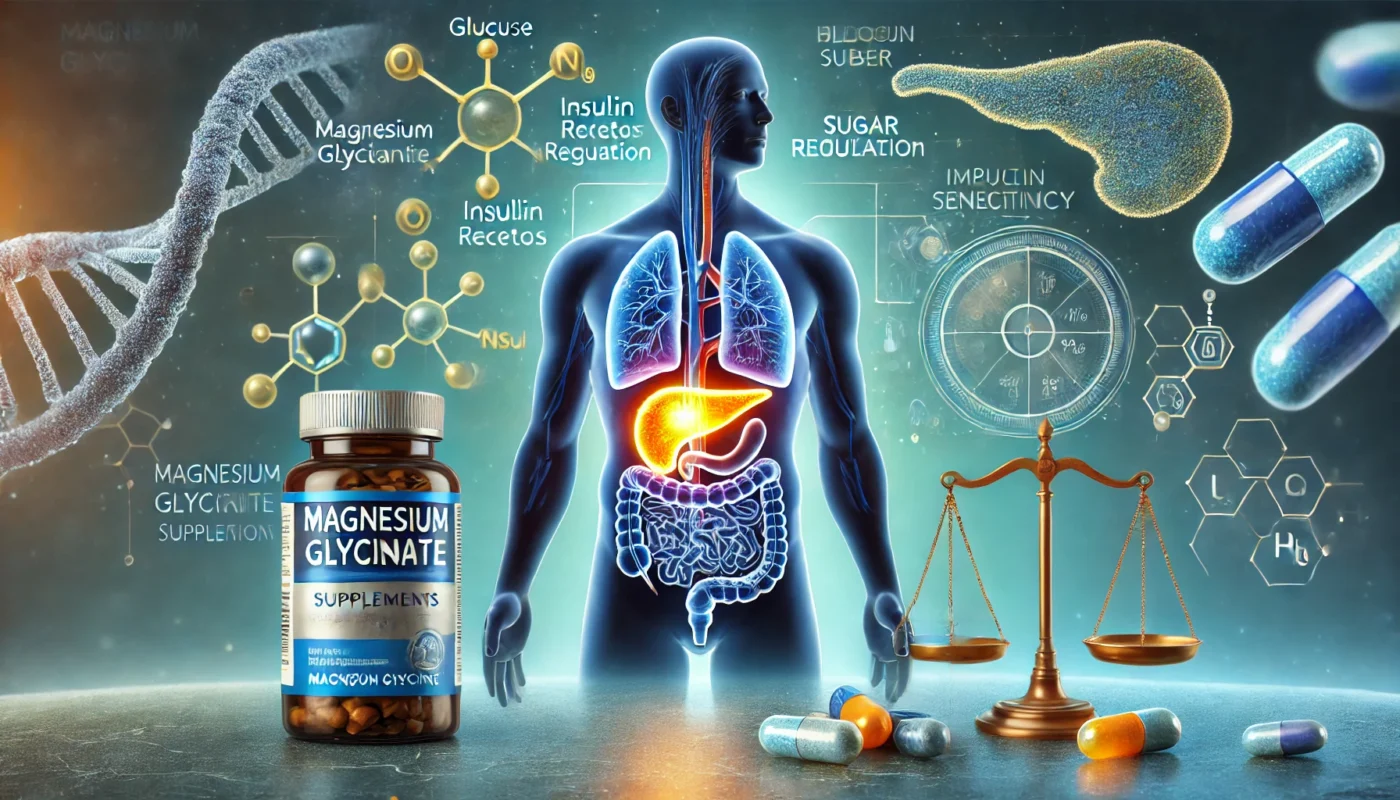Lowering A1C levels is not only crucial for individuals diagnosed with diabetes but also for athletes who aim to optimize their performance and overall health. The A1C test provides insights into average blood glucose levels over the past two to three months, offering a comprehensive picture of one’s metabolic health. For athletes, maintaining optimal A1C levels can significantly enhance endurance, recovery, and performance. This article will explore various strategies that athletes can employ to lower A1C, supported by scientific research and practical advice.
Tag Archives: insulin sensitivity
In the realm of fitness and diabetes, the interplay between exercise and blood sugar levels is a topic rich with both complexity and practical implications. Whether you’re a health and wellness coach, a science journalist, or a biohacker, understanding how physical activity influences blood glucose can empower you to make informed decisions or offer insightful advice. Let’s delve into this intricate dance between exercise and blood sugar, exploring the science, the strategies, and the future implications.
In the ever-evolving landscape of fitness and wellness, understanding the intricate relationship between hormones and exercise can revolutionize your approach to workouts. Hormones play a pivotal role in dictating how our bodies respond to physical activity, affecting everything from energy levels to muscle growth and fat loss. By tailoring your workout strategy to optimize hormonal balance, you can enhance performance, boost results, and improve overall well-being.
The endocrine system, a complex network of glands and hormones, plays a crucial role in maintaining the body’s homeostasis. It influences almost every cell, organ, and function of our bodies, from regulating metabolism to controlling mood. Given its importance, understanding how to maintain a healthy endocrine system is vital for anyone keen on optimizing their health and well-being.
In this article, we will delve into the top foods that can support and enhance your endocrine function. But first, let’s explore some interesting facts about the endocrine system to appreciate the incredible work it performs daily.
Inositol, often referred to as a member of the vitamin B complex, is a carbohydrate that occurs naturally in the human body and in various foods. Although it’s not technically a vitamin, due to the body’s ability to synthesize it, inositol plays a crucial role in a myriad of bodily functions, particularly in cell signaling and as a structural basis for secondary messengers.
Type 2 diabetes and insulin resistance are growing global health concerns, affecting over 422 million people worldwide, according to the World Health Organization (WHO). While diet and exercise remain the cornerstones of managing these conditions, researchers are increasingly exploring the role of specific nutrients in improving insulin sensitivity. Magnesium glycinate, a highly bioavailable form of […]
Hormonal acne affects millions worldwide, particularly adults experiencing hormonal imbalances involving cortisol and insulin. Stress and metabolic dysfunction often exacerbate these imbalances, leading to the development of persistent and painful acne. While conventional treatments such as topical therapies and medications are widely used, many individuals seek natural alternatives. Magnesium glycinate—a bioavailable form of magnesium—offers promising […]







